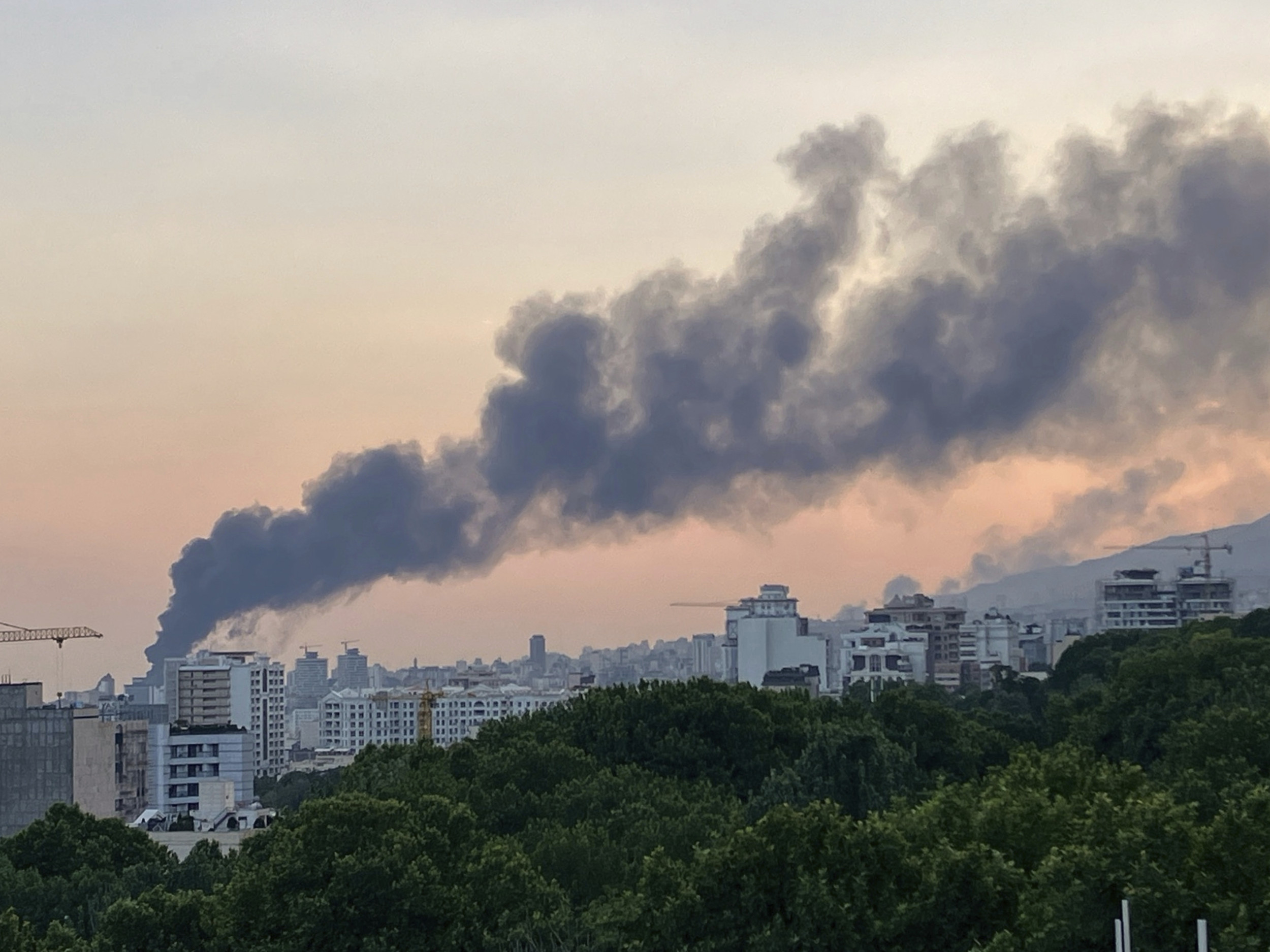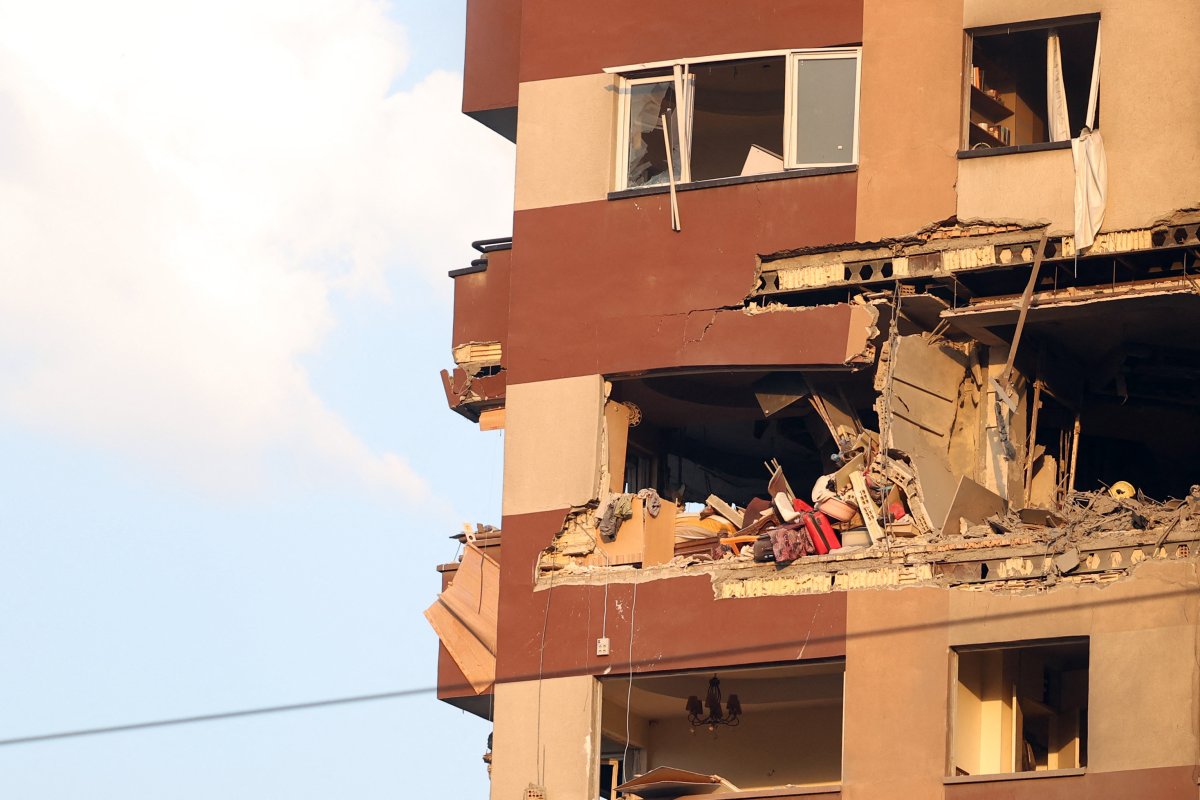
Iran executed three men on Wednesday accused of spying for Israel, raising the total number of executions linked to espionage during the recent conflict to six, according to state-run media. The men were charged with smuggling “assassination equipment” and aiding sabotage operations targeting critical Iranian infrastructure.
These executions come amid a sweeping crackdown that has seen over 700 arrests in just 12 days. The arrests and executions follow a ceasefire that ended nearly two weeks of intense drone and missile strikes between the two countries. Despite the temporary pause in direct hostilities, Tehran’s purge of alleged Israeli collaborators continues aggressively, underscoring the regime’s determination to dismantle a sprawling network of spies within its borders.
Why It Matters
Iran’s sweeping crackdown has exposed the depth of Israel’s alleged infiltration into Iranian territory. Tehran claims that Israeli operatives, aided by domestic collaborators, enabled precision strikes and assassinations inside the country during the recent conflict. This suggests Israel’s intelligence services are now capable of influencing the battlefield with help from deeply embedded human assets.

Getty Images
What to Know
Iranian authorities have disclosed that many of the arrested and executed spies come from ethnic minority groups, primarily Kurds and Azeris near Iran’s western and northwestern borders. State media reports that Israeli intelligence leverages these communities’ socioeconomic vulnerabilities and deep local knowledge to recruit operatives who use encrypted messaging apps and cryptocurrency to transmit sensitive military and nuclear-related information, complicating Tehran’s detection efforts.
Training and Collaboration
Among the accused spies are individuals believed to have provided critical intelligence enabling Israeli drone and missile strikes on Iranian targets. According to FarsNews, some operatives received training abroad in countries including Georgia and Nepal, arranged by Israeli intelligence. Tehran also accuses Iranian expatriates and dissident groups sympathetic to Israel of supporting logistics, communication, and funding.
According to a recent Economist report, Israeli intelligence’s multi-year, high-tech espionage campaign—including Mossad agents posing as foreign nationals—has played a pivotal role in gathering intelligence on Iran’s accelerating nuclear program and missile capabilities, with alleged cooperation from U.S. agencies.

Oded Balilty/AP Photo
Human Rights Groups Warning
Human rights groups, including Amnesty International, have condemned Iran’s intensifying crackdown following the ceasefire that ended nearly two weeks of conflict. They warn the government is using the conflict as a pretext to escalate repression, citing concerns over forced confessions, lack of due process, and the rising use of capital punishment. Rights advocates are calling for transparent investigations and judicial oversight, warning that the wave of arrests and executions could further destabilize an already fragile and volatile situation.
What People Are Saying
Amnesty International: “Iranian authorities must halt all plans to carry out arbitrary executions and protect all those arrested over accusations of espionage for Israel from enforced disappearance, torture and other ill‑treatment.”
Iran’s Fars News Agency: “Since the beginning of Israel’s attack on Iran, the Zionist regime’s spy network has been highly active in the country.”
What Happens Next
As Tehran seeks to consolidate control after the conflict, the balance between national security and human rights remains a critical and unresolved issue. The international community continues to watch closely as tensions simmer and Iran’s spy crisis deepens.

AP Photo




